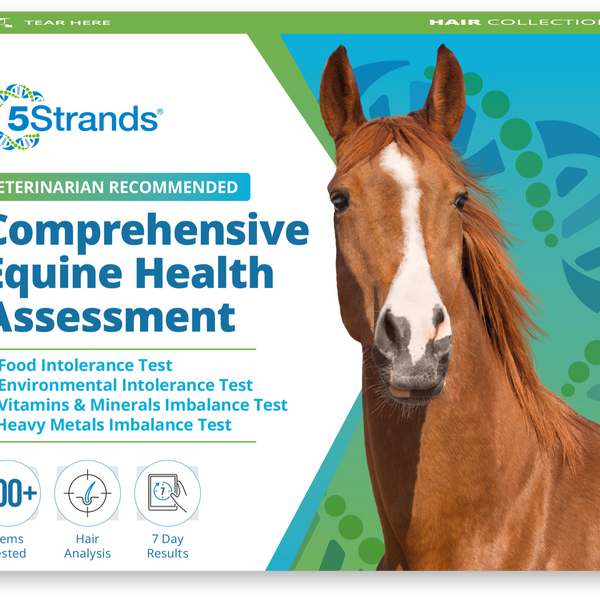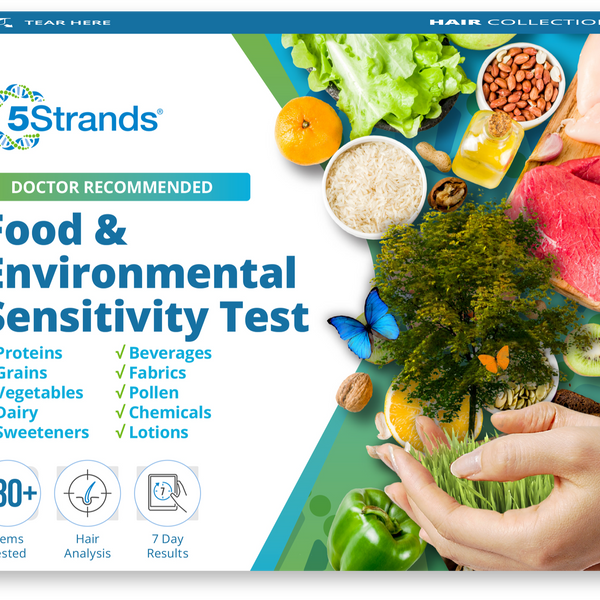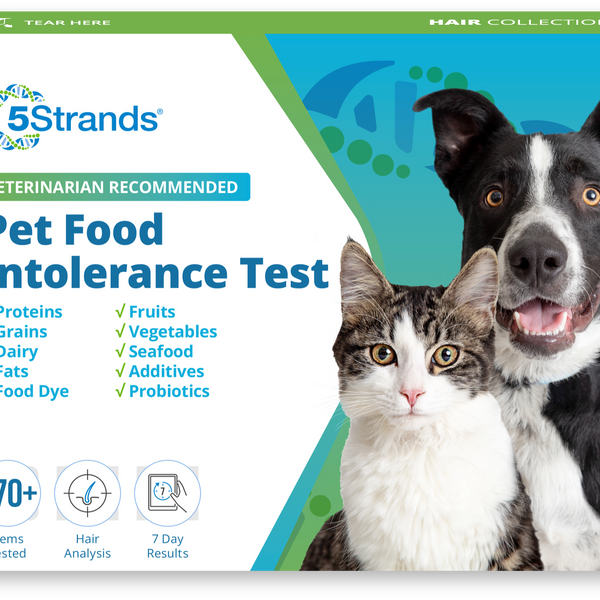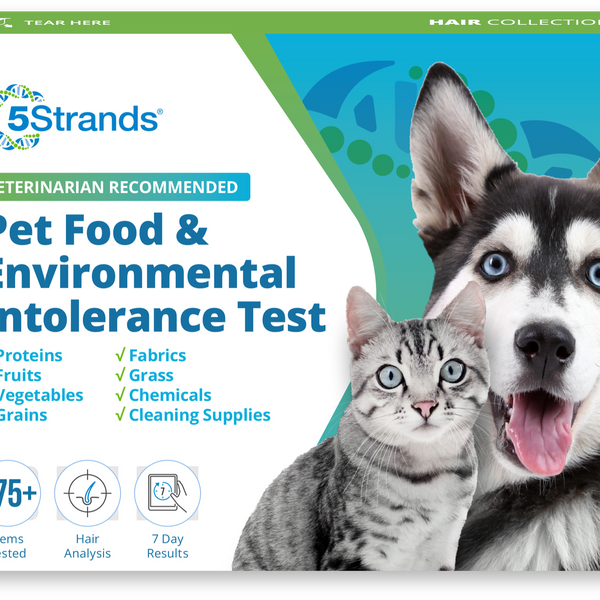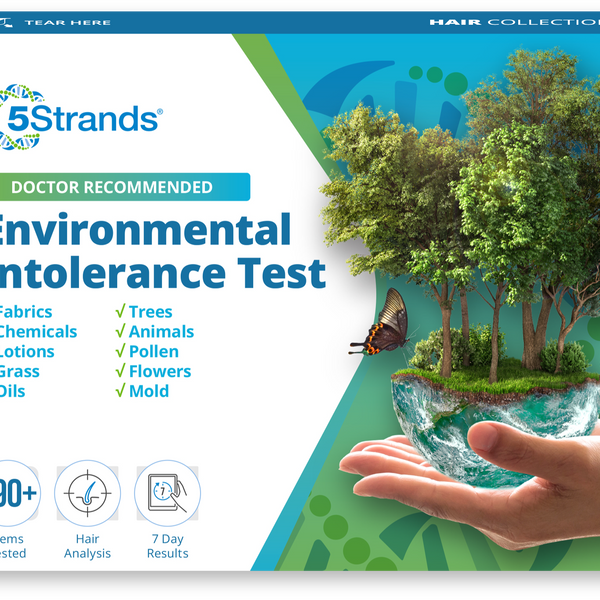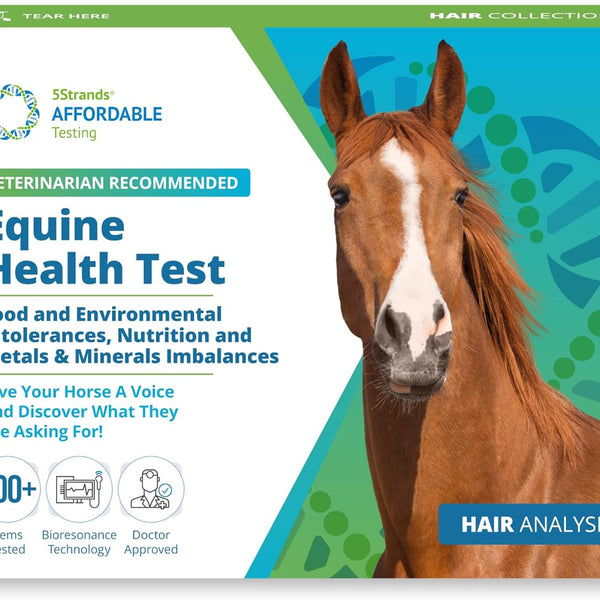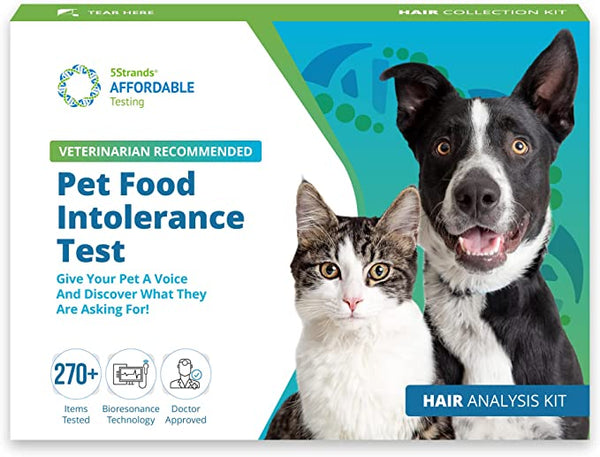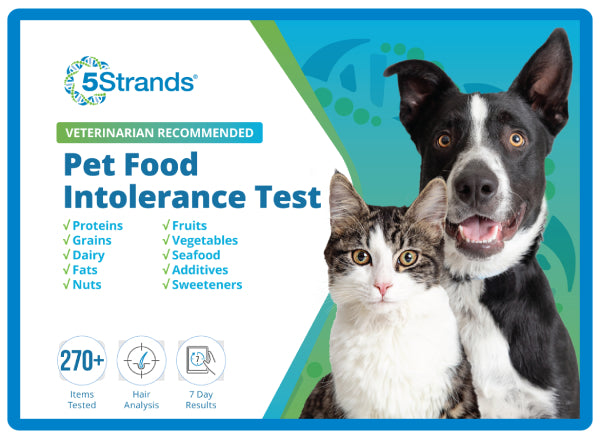The long awaited moment has arrived! So you have a new puppy…….now what?
You start with buying supplies and making your home safe. But how do you insure a healthy start for your new animal friend?
Most people will take their pet to the veterinarian’s office to make sure their pet has a healthy beginning.
According to veterinarian Dr. Ruth MacPete, there are 5 tests that every new pet should have.

This begins with a veterinarian examination.
The veterinarian should conduct a complete physical exam on your dog. This could reveal any medical issues you are not aware of. At that first visit, the vet may recommend to vaccinate your pet, give state mandated vaccines, and suggest parasitic preventions. In addition, they may talk about microchipping and spaying or neutering them if needed.
The next test would be to do Heartworm Testing.
This disease is transmitted by mosquitoes so it can happen anywhere. It is especially prevalent in the southern states. It is important to test for this since it can be fatal. Prevention is the best treatment. It is recommended that the dog be tested before starting preventive treatments because if they were to begin treatment while they are infected, it could cause serious complications. Your vet will recommend the type of preventative treatment product that you feel most comfortable with.
A fecal sample (fecal float) is another important test.
Parasites can be detected in your pet’s stool. It is extremely important to test for parasites as they can be transmitted to people and other pets. These parasites include tapeworms, hookworms, roundworms, whipworms, and protozoa (toxoplasma & cryptosporidium). Even if parasites are detected in your pup, don’t fret, treatment can be very simple and effective.
Doing a screening blood test is important especially in an older adoptive pet.
The vet will draw a blood sample to determine if your pet has an undiagnosed disease that has not yet become symptomatic. Your pet may look healthy but the disease has not yet manifested. These would include diabetes, kidney disease, or thyroid disease. These types of tests are typically run before your pet would have any type of surgical procedure.

The 5th test is just for Cats: It's the FIV & FeLV.
These are viruses that attack the immune system and make your cat vulnerable to infections and increase their risk for cancer. The virus is easily transmitted by sharing food and water bowls or getting a scratch or bite from an infected cat. Since there is no cure, knowing your cat has the virus makes it easier for you and your vet to manage this disease.
While these 5 tests are the recommendation by most vets, it should really depend on the age of your pet too.
Let's take a look at what should be done at each stage of your pet’s life.
Recommended Tests for Puppies:
Before your puppy's first visit to the vet, you might want to consider doing some research so you will be prepared. Once the vet completes the physical exam, they might start making recommendations for additional testing and shots. It could save you money if you understand what is essential for your pet.
1. Physical Exam: This exam will establish a baseline of your pup's health. The vet should be checking your pup from head to tail. They should be checking vital signs, listening to the heart and lungs, feel lymph nodes, look at the eyes, ears, nose, and teeth/gums. They should also be looking at the hips and joints to evaluate any abnormalities.
2. Fecal Test: Internal parasites are very common in puppies. They can even be transmitted through the mother's milk! Since most parasites are not visible to the naked eye, a microscopic analysis is needed to determine if your pup is infected or not. You don’t want to wait until you actually see things in their stool!!!
3. Heartworm test: Heartworms are transmitted through infected mosquitoes. If your pup goes outside, it will be impossible to protect them. Preventative treatment which typically is medication is probably what your vet will recommend.
4. Blood Tests: The vet should only want to run blood testing if you decide to have your pet spayed or neutered. They need to determine if it is safe for your pet to have anesthesia.

Recommended Tests for Adult Dogs:
1. Physical Exam: Every dog should have an annual exam or wellness visit. This is where the vet uses the initial exam that acts as a baseline to determine if there are any changes in your pet.
2. Fecal Test: It is important to run a fecal test annually to see if your dog becomes infected with parasites. It is easy for that to happen especially if you take your dog to a park or dog park. Sometimes the vet will ask you to bring a stool sample with you.
3. Heartworm test: The vet will want to run another heartworm test before they give you another round of medication to make sure your pet is free of any infection. It can be detrimental to your pet to take medication while infected.
4. Blood test: A normal wellness blood panel can be run to again establish a baseline. It can also identify any tendencies for diseases such as diabetes, renal disease, hypothyroidism, or anemia.
5. Urinalysis: A urine test can help to identify many things including a urinary tract infection.
Recommended Tests For Senior Dogs:
Once your dog has advanced in age, they will be classified as a "senior." Your vet might suggest that you start bringing in your pet every 6 months instead of every year. They will want to monitor them a bit closer for any physical or metabolic changes. While most of the tests they will conduct will be the same, they will be looking at different things. The first 5 are more important for seniors.
1. Physical Examination: At this stage, a physical exam becomes very important. The vet will look for any weight loss or weight gains that could indicate a potential issue. They will feel for any masses that might indicate possible cancerous tumors.
2. X-rays: This will help reveal any masses or enlargement of the heart.
3. Blood Test: A complete blood count and chemistry profile will help identify any major organ dysfunction. If they are on any type of medications, it helps monitor their progress and makes sure they are not experiencing any negative side effects.
4. Urinalysis: If your dog is experiencing frequent short urination or increased urine volume and increased water intake, a urine test is a must. It can also help uncover bladder infections, bladder stones, and diabetes.
5. Blood Pressure Test: This test is recommended in dogs over 10 years of age. Hypertension can affect a dog’s heart, kidneys, eyes, and nervous system.
6. Heartworm Test: They will determine whether this test is still needed depending on their likelihood of exposure.
7. Fecal Test: They will determine whether this test is still needed depending on their likelihood of exposure.
Additional Tests Your Veterinarian May Recommend:
Supplemental testing can be crucial in identifying a health issue that your dog may be experiencing. Since our dog’s can’t talk to let us know what they are experiencing, you and the vet will have to rely on different testings to determine what is going on when you exhibit your pets shift in behavior or they exhibit notable issues.
1. Thyroid Testing: Many older pets may experience weight gain or lethargy which can be a sign of hypothyroidism. Many vets recommend starting at the age of 7 to conduct this test to have a baseline.
2. ACTH Stimulation or Low Dose Dexamethasone Suppression Test: This test will check for an overproduction of cortisol by the adrenal glands. It is used to diagnose Cushing’s Disease. If your dog is typically drinking large amounts of water and urinating a lot, hungry all the time, poor quality coat, or recurrent infections, your vet may recommend this test.
3. Chest X-rays: This will always be recommended on older pets having anesthesia even for a routine procedure such as a dental cleaning. It is precautionary for the safety of your pet. The x-rays will help determine if there are any heart or lung issues prior to conducting any elective procedures.
4. Abdominal Ultrasound: This test will help determine if there are any diseases of the spleen, pancreas, bladder, lymph nodes, adrenal glands, liver, kidney, or gastrointestinal tract.
5. CERF: This is a screening eye exam usually conducted by a veterinary ophthalmologist in order to identify changes in the dog’s eye that could suggest the presence of a disease such as retinal dysplasia, cataracts, retinal atrophy, colobomas, or microphthalmia.
6. OFA PENNHIP: This is a hip screening procedure that includes x-rays of the hips under anesthesia. They are looking for susceptibility for hip dysplasia.
7. Elbow Testing: This test is important to many breeders especially of Golden retrievers and Labrador Retrievers. Elbow dysplasia can be very common in these breeds. Before you can mate your dog with another, you might find yourself having to receive a certification showing that your dog is free from this disorder.
What about Canine Genetic Testing?
The fundamental field of biology that covers the passage of genetic information to successive generations is called genetics (the study of genes). Canine genetic testing has become very popular over the past few years. It is more widely available whether being done at your veterinarian’s office or direct to consumers. There are many reasons for genetic testing that include parental verification, breed traits, lineage, and potential health conditions.
The only way to know your puppy will not develop a certain disease or condition is through genetic testing. The test will allow you to know what is actually coded in the genes of your pet. Genetic testing can actually be used by breeders to avoid breeding animals together that carry the same deleterious genes.
Canine genetic testing begins with a biological sampling. The type of sampling typically depends on who is doing the testing. Blood sampling is more consistent and of better quality, but it needs a medical professional to take the sample. Oral swabs of the mouth (saliva/buccal/cheek swab) are easier to obtain but can have some variances depending on the swab used, the condition of the pet's mouth, and the effectiveness of the person taking the sample. Anyone can typically take the buccal swab.
While vets have had access to genetic testing for many years, the ability to purchase online kits has become very popular. Most consumers just want to know their dog’s breed. Sometimes this information helps give you answers on their behaviors and or health risks. These online direct to consumer kits are much more affordable. Not only can they indicate 98% accuracy on the breed detection, they can also detect traits, and genetic risks related to drug sensitivities, vision, weight, and mobility.
Are there any other types of health testing for dogs?
If you are up to date of your vet visits and your pet has been exhibiting recurring or unwanted symptoms such as paw biting & licking, upset stomach, constant scratching, hot spots, excessive hair loss, & extreme gas, your pet could be suffering from a food intolerance. We all know what an allergy is, but what is an intolerance? An allergy is an immune system response that is typically immediate and can be life threatening. An intolerance does NOT involve the immune system and may appear several hours to several days after ingestion or exposure. They are not life threatening. Due to the delayed reaction time, it is very difficult to identify an intolerance. Typically intolerance testing is needed to identify the food items that are triggering symptomatic responses in your pet.
That is where 5Strands Affordable Testing comes in. They have created an at home HAIR/FUR collection kit. Using bioresonance technologies, they are able to determine the food items that are creating an imbalance in your pet's body that manifests itself in those unwanted symptoms. Using the customized report, you can start eliminating the foods that triggered a response to see if your pet's symptoms lessen or go away altogether. Once your pet’s symptoms lessen, you can start reintroducing food items just one at a time and see how your pet responds. This is how you would create your pets forever diet.
Most vets do not do intolerance testing. They do not even believe in intolerance testing. Most have only been trained in allergy testing. However, only 2% or less of our pets actually suffer from a true allergy. The gold standard in determining a food intolerance is the elimination diet. However, it can be expensive and very time consuming to try to conduct an elimination diet on your own. That is why the 5Strands Pet Food Intolerance test was created. It does all the hard work for you! It will test up to 255 food items that your pet could have an intolerance to. All you have to do is utilize the report and start removing the items that they react to and see if they get better.

If this sounds too good to be true, check out the pet testimonials on the 5Strands website.
Remember you are your pet’s advocate so it is important that you understand all of the options available to keep you pup healthy and happy!


